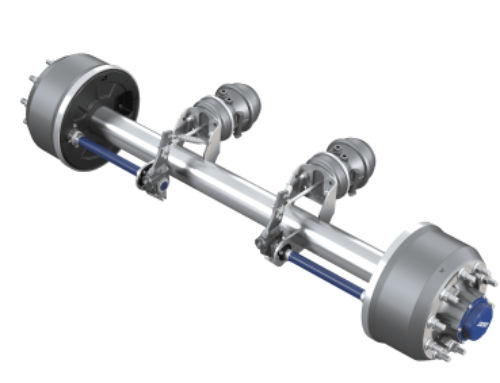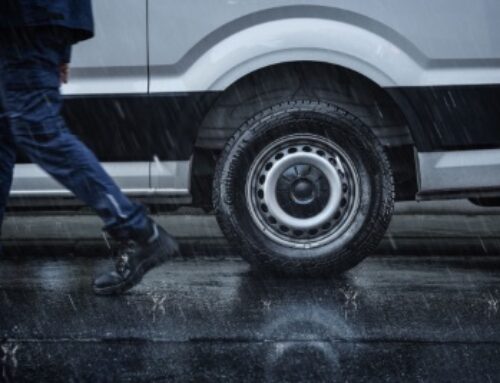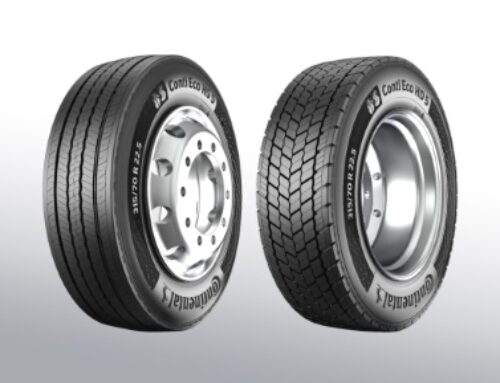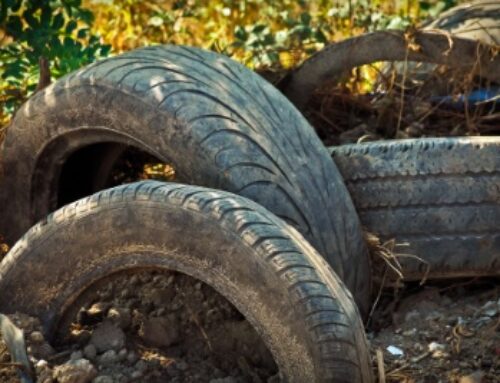Roadlink says no to brake shoe waste
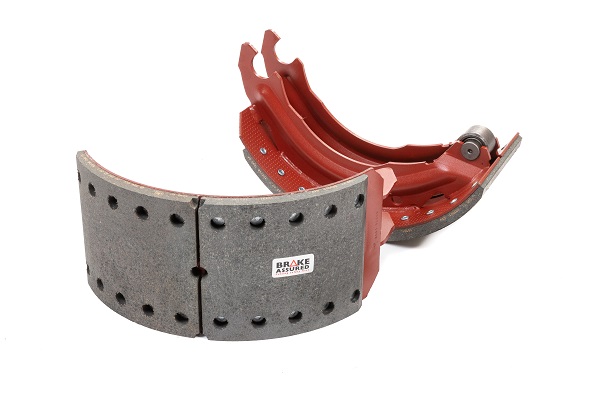 CV braking components supplier Roadlink International has emphasised both the potential cost savings and environmental benefits of remanufactured brake shoe linings, highlighting the potential of the process to help cut back on landfill waste.
CV braking components supplier Roadlink International has emphasised both the potential cost savings and environmental benefits of remanufactured brake shoe linings, highlighting the potential of the process to help cut back on landfill waste.
The company says it has long been a fervent believer in the remanufacturing process, reflected in its ongoing investment in remanufacturing and its commitment to helping reduce CO2 emissions.
Remanufacturing in the UK contributes billions to the UK economy, the firm says, and is not only good for the environment thanks to emission reductions, but cuts down on raw material and energy consumption.
Roadlink brake shoes are not only more environmentally friendly, with all worn linings reprocessed for use within the construction industry, but also offer a cost-effective solution to the CV aftermarket without compromising on quality, the company claims.
Keith Sedgley, Roadlink managing director, said: “Remanufacturing is a vitally important, growing aspect of our industry, not only does it help drive energy conservation and the reduction of raw materials usage, but also the elimination of landfill space.
“Our brake shoe relining facility is currently enjoying a buoyant period and so we’re changing people’s attitudes through our commitment to quality and performance.”
As part of its continued investment in brake shoe relining, Roadlink provides a ‘Brake Assured’ Production Process, providing a guarantee that brake shoes are fully remanufactured to the highest product quality and safety standards possible, with OE quality brake linings and rivets.
Roadlink’s brake shoe reline operation is supported by ISO9001 approved production and ISO14001 environmental accreditation, with every shoe platform checked and linished.
The company cites its strict 15-stage production process for relining brake shoes, which involves rollers being checked where applicable and shoe platforms treated with an anti-corrosion long lasting water-based paint, said to be unique to Roadlink.
Quality riveting is key to the relining process, Roadlink says; when shear braking force is applied, if there is a gap present between rivet shank and brake lining, or rivet shank and brake shoe platform, there is potential for the lining to move. Once this occurs, the movement will increase rapidly, with consequent failure of the shoe assembly.
Roadlink’s detailed production process for relining brake shoes is said to ensure there is no gap between the rivet shank and brake lining / brake shoe platform.
An inspection is undertaken after each stage, and shoes come supplied with a full warranty and product liability insurance. Every Roadlink exchange brake shoe carries a unique serial number that allows for total product traceability. Having established its position over many years in the CV brake shoe market, Roadlink says its range is one of the largest in Europe, covering more than 200 references. Brake shoes come complete with OE brake linings to suit all types of truck, trailer and PCV applications.
Roadlink attributes buoyancy in the brake shoe relining market to a number of defining factors, including the growth in drum brakes used on new 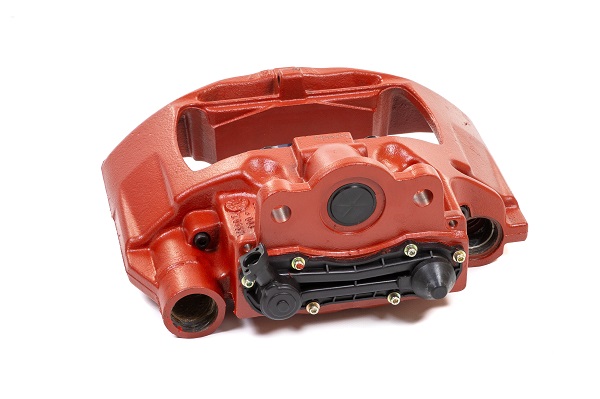 trailers and cost pressures on transport operators.
trailers and cost pressures on transport operators.
Keith Sedgley added: “We’ve maintained a level of investment in brake relining and we’ve grown the business as a result. There’s never a need to throw away a brake shoe and it’s encouraging to see the message of effective remanufacturing – offering safe, high quality products – being embraced by the CV industry.”
Roadlink also supplies a range of remanufactured brake calipers.








